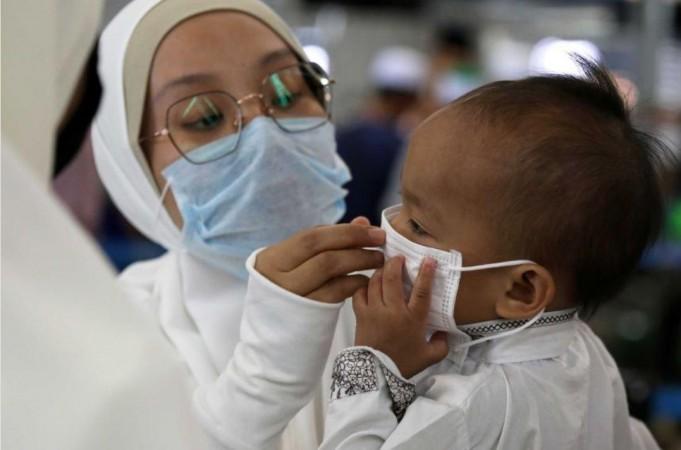
German researchers have identified highly effective antibodies against SARS-CoV-2 (Covid-19) and are now pursuing the development of a passive vaccination.
The study, published in the journal Cell, also discovered that some SARS-CoV-2 antibodies bind to tissue samples from various organs, which could potentially trigger undesired side effects.
German scientists isolated 600 different antibodies
Initially, the scientists from Germany's Charite hospital and German Neurodegenerative Diseases Centre (DZNE) isolated almost 600 different antibodies from the blood of individuals who had overcome Covid-19.
By means of laboratory tests, they were able to narrow this number down to a few antibodies that were particularly effective at binding to the virus.
Next, they produced these antibodies artificially using cell cultures.
The identified so-called neutralizing antibodies bind to the virus, as crystallographic analysis reveals, and thus prevent the pathogen from entering cells and reproducing.
In addition, virus recognition by antibodies helps immune cells to eliminate the pathogen.
Studies on hamsters - which, like humans, are susceptible to infection by SARS-CoV-2 - confirmed the high efficacy of the selected antibodies:
"If the antibodies were given after an infection, the hamsters developed mild disease symptoms at most. If the antibodies were applied preventively - before infection - the animals did not get sick," said study author Jakob Kreye from DZNE.
Treating infectious diseases with antibodies has a long history.
For Covid-19, this approach is also being investigated through the administration of plasma derived from the blood of recovered patients.
With the plasma, antibodies of donors are transferred.
"Three of our antibodies are particularly promising for clinical development," explained Harald Prüss, a research group leader at the DZNE.
"Using these antibodies, we have started to develop a passive vaccination against SARS-CoV-2," Prüss added.
In addition to the treatment of patients, preventive protection of healthy individuals who have had contact with infected persons is also a potential application.
How long the protection lasts will have to be investigated in clinical studies.
"This is because, unlike in active vaccination, passive vaccination involves the administration of ready-made antibodies, which are degraded after some time," Prüss said.
In general, the protection provided by a passive vaccination is less persistent than that provided by an active vaccination.
However, the effect of a passive vaccination is almost immediate, whereas with an active vaccination it has to build up first.
"It would be best if both options were available so that a flexible response could be made on the situation," the authors wrote.
















